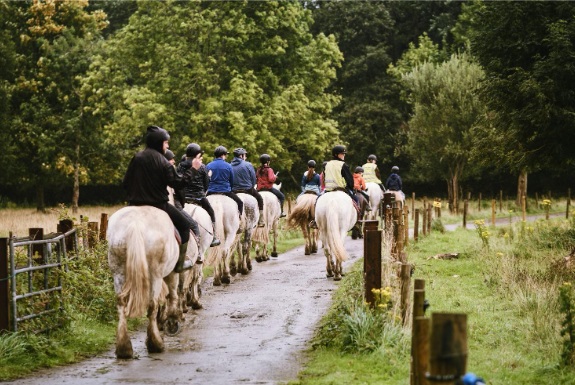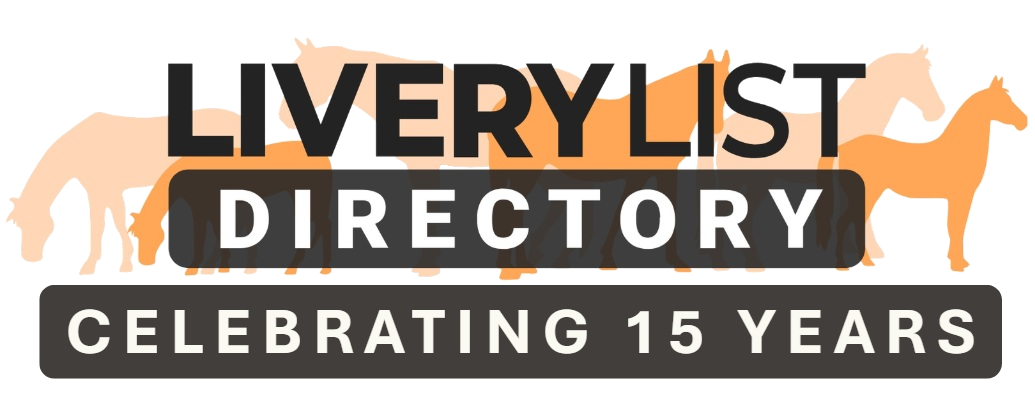Riding, feeding, caressing, and simply staying around horses can be some of life’s greatest experiences, all the more if you’re a lover of their species. It’s so satisfying that admitting that it can be hazardous for your health and well-being would feel rather painful. In the U.S., over 100K accidents are caused yearly while riding horses, with more than 80% occurring because of falls off the animal’s back. Out of the more than 3M horse riders in the U.K., according to horseaccidents.org.uk, a significant number engage in this activity in specifically designated equestrian facilities.
The prevalence of accidents in this industry, both within and beyond these countries’ borders, represents a rising concern among organization managers and clients alike, bringing about the need for more clarity on the legal matters involved in such accidents. A common question that doesn’t always find its answer when customers get injured or affected owing to a company’s negligence towards their health is what they can do to reduce the harm done and improve their condition.
The repercussions of a possible falling off the horse or other type of accident can be irreversible, whether physical, psychical, emotional, or financial. Victims now find solace in knowing they can sue an equestrian facility and seek compensation if the location isn’t well kept or secured for such activities to unfold. It’s a tricky matter, but eventually and with the help of experts, one can succeed. As demonstrated at https://www.accidentclaims.co.uk/, all businesses have a duty of care to protect their customers’ well-being and the safety of everyone interacting with them, and the exceptions making a venture exempt from such responsibility are hopefully so low that you won’t come across them. This being said, let’s see what contravening these rules means, what you can do in such an unfortunate case, and more similarly essential stuff to ensure a blast anytime you’re at the equine facility of choice.

How is negligence defined?
Negligence and safety mismanagement in the U.K. is defined as an overlooked opportunity to secure a customer’s health at all costs, be it by not paving the field correctly, offering poor or malfunctioning equipment, or offering perilous horses to newcomers, among others. Evidently, there’s no such thing as two horses resembling each other, meaning that the supporting organization must ensure the animal doesn’t stand chances of becoming agitated, nervous, angry, or threatened, among others.
There are also situations when everything may go as planned, but your gear isn’t suitable for your size and measurements. It may also be wrongly attached and taught to use, maximizing the chances of incurring injuries and wounds if the ride doesn’t go smoothly. It may also be the case of sustaining injuries while getting riding tuition that can make the case of a legal process. Any large place allowing clients to dress and get in tune with horses in movement, rhythm, and spirit should be insured, for they couldn’t be running otherwise.
Lastly, horses need shade and nature, which explains the tree roots at some equine businesses. These must not threaten your safety while riding the horse or in its vicinity, meaning that if you trip and fall on a surfaced and exposed branch, you may suffer harsh consequences and be eligible to sue the organization.
If an equestrian facility is found liable for negligence or unsafe conditions that result in injury, it may be possible to pursue legal action against them. Victims seeking compensation for medical expenses, lost wages, or pain and suffering should consider consulting a qualified law firm, such as www.malloy-law.com which has experience handling personal injury and liability cases. An experienced attorney can help evaluate the strength of a claim and guide clients through the legal process.
Other possible problems
Clashes may emerge between a client and a liver yard, for instance, horse abandonment, financial arguments, injuries to horses and riders, and so on. Negligence claims submitted against the organization’s runner may clarify that the establishment failed to provide reasonable care, thus promoting injury and wound sustaining.
Issues like these include but are not limited to, improper fencing maintenance that permits horses to get away and harm passersby, poorly controlled horseboxes and trailers, and so on. Any family specializing in these matters knows the places where horses are accommodated can greatly impact their well-being.
Livery yard managers usually try to settle everything in peace without escalating things to the court. Nevertheless, if such an undertaking doesn’t sit well with you, you can require arbitration or other similar lawful arrangements.
The liveries can have a bulk of issues that fail to be appropriately managed and threaten clients’ safety. Nevertheless, to make a compensation claim and receive damages, you’ll have to have suffered an injury and be able to demonstrate the go-between’s mistreated duty of care.
How to prove the organization’s safety mismanagement?
In nations where clients are encouraged to take matters into their own hands and seek compensation for their sorrow while someone else takes the blame, proceeding with legal action isn’t a tall order. For instance, in the U.K., there are “No Win No Fee” solicitors whose main priority is to win a case before getting paid for their contribution. For obvious reasons, a contracted lawyer has the freedom to refuse to engage in your case if they don’t see substantial proof for a successful case, thus ensuring they won’t work for anything.
You can reach out to any solicitor in your country, present them with details of your case, explain the injuries and financial costs incurred, and so on. The solicitor will let you know whether the likelihood of winning makes proceeding with the compensation claim justifiable.
Here are some things you can bring to strengthen your case and prove your innocence:
- CCTV footage
- Pics, videos, and recordings
- Medical bills
- Pharmaceutical bills
- Witness statements.
So, what type of damage may you receive?
Evidently, much of the question revolves around the compensation you will get to help reduce your pain and stress. This depends extensively on the body part harmed, how long rehabilitation takes, if your job and social life have been affected, and other endless aspects. Fortunately, all these will work in your favour.
Say, for instance, that a horse-riding accident at the livery left you in the incapacity of earning money, for you may not drive for some time. The payment you’d receive may extensively impact, generally by raising, the financial damages you receive. On the flip side, there are also emotional damages.
To ensure you stay informed, you can consult more specialists and medics, talk to other victims, seek a rider’s support, and so on.
